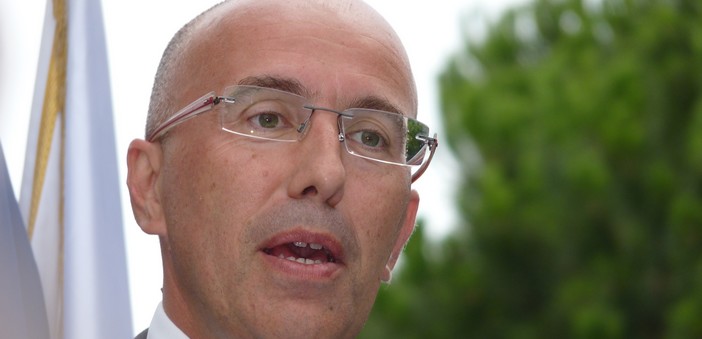It was thought that Eric Ciotti, who during this socialist mandate was an unyielding critic and censor like a modern Torquemada, would aspire to apply for the position of Minister of the Interior in the case (which the interested party considers as certain) of a change in power following the presidential and legislative elections of 2017, but, but… what if it was the seat of Minister of the Budget that he was aiming for?
The clue comes from the presentation and review of the 2015 Administrative Account which the Departmental Assembly voted on yesterday, with an overwhelming majority, with the opposition reduced to its simplest numerical expression and with the appearance of an Indian reservation.
On this occasion, as he had already done during the vote on the preliminary budget and more recently on the assessment of the first year of the current mandate, the president of the Departmental Council delivered a “lectio magistralis” on financial orthodoxy and good management that could advocate for an application at the national level when the time comes.
As great conductors convey by looking at the audience with complacency or commiseration… give me the baton and listen to my music!
A champion of rigor, Eric Ciotti presented his winning formula: control of operating expenses, maintaining a high level of investment, debt reduction (less borrowing compared to debt repayment), and, the cherry on top, no increase in tax rates (revenues still increase thanks to the rise in calculation bases and the volume of taxable activities).
This strategy allows the president of the Alpes-Maritimes Departmental Council to position himself among the virtuous in various national comparisons and to have influence in the debate within the Association of Departments.
What can the poor oppositions say except to marginally criticize the ideological vision of the management of the RSA (the socialist Marie-Louise Gourdon) in the “right-duty” formula that Eric Ciotti wants to make a case study, or criticize the insufficiency of investment (the communist Tujague) pointing especially to the infrastructures of the Paillon and Roya valleys (the canton where he was elected).
In short, as Madame Gourdon very kindly said, “citizens are increasingly bearing the spectacle of confrontations poorly” before stating “to avoid all these excesses to work in good faith”.
There is no doubt that, beyond some parades and ripostes worthy of the noble sport that is fencing, this is indeed the case in the departmental assembly.


